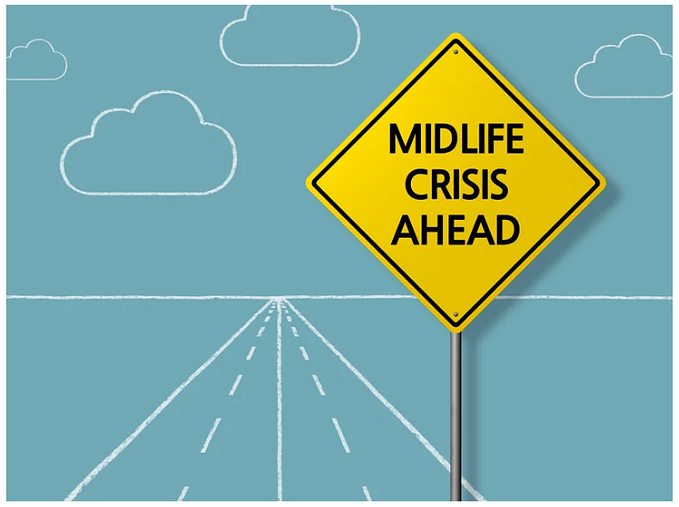Member-only story
Rules, Code, and Whistleblowing
On Facebook’s need for human intervention

As I watched Facebook whistleblower Frances Haugen’s Senate testimony today, I found myself oddly encouraged by the proceedings.
No, it doesn’t make me happy to hear how the people running Facebook have consciously chosen profit over the health and welfare of their users. If Mark Zuckerberg could have somehow been happy with just twenty billion dollars of personal wealth instead of $120 billion, his company could have done a hundred billion dollars less damage to the world. Countless deaths, psychological traumas, political meltdowns, and disinformation could have been avoided, and our vital social justice movements would not have been steered by fake activist organizations down such dangerous ideological dead-ends.
But I am delighted to hear an algorithmic product management expert explain the structural deficits of Facebook’s entire ethos and functional strategy — and to do so in a way that even U.S. senators can understand. Yes, many of us have been making these same arguments for over a decade, but now it’s coming from a manager at Facebook, accompanied by proof that Facebook was fully aware of the precise, documented damage it has been causing all while pretending it had no idea.
What makes Haugen’s testimony different and especially important, however, is that she is calling attention to the automated fashion in which companies like Facebook are run. This is Silicon Valley, remember, where “scaling” a business means getting human sensibilities out of the way. Put in place a system of metrics for people to reach, and let the games begin. In Haugen’s words, the company is “flat.” It has the largest single floor of workers in the world, she reminded us. The pretense is that this is a holocracy, where no one is really any more important than anyone else. Everyone is just working to achieve the metrics.
In reality, what this means is that the company has no executive function. There is no one in charge. No leader. Literally everyone is just following orders from the machine. The result, as Haugen neatly explained, is that no one is accountable.
Instead, everyone just does whatever they have to for their metric — user engagement — to go up. Everyone makes their own, tiny…










